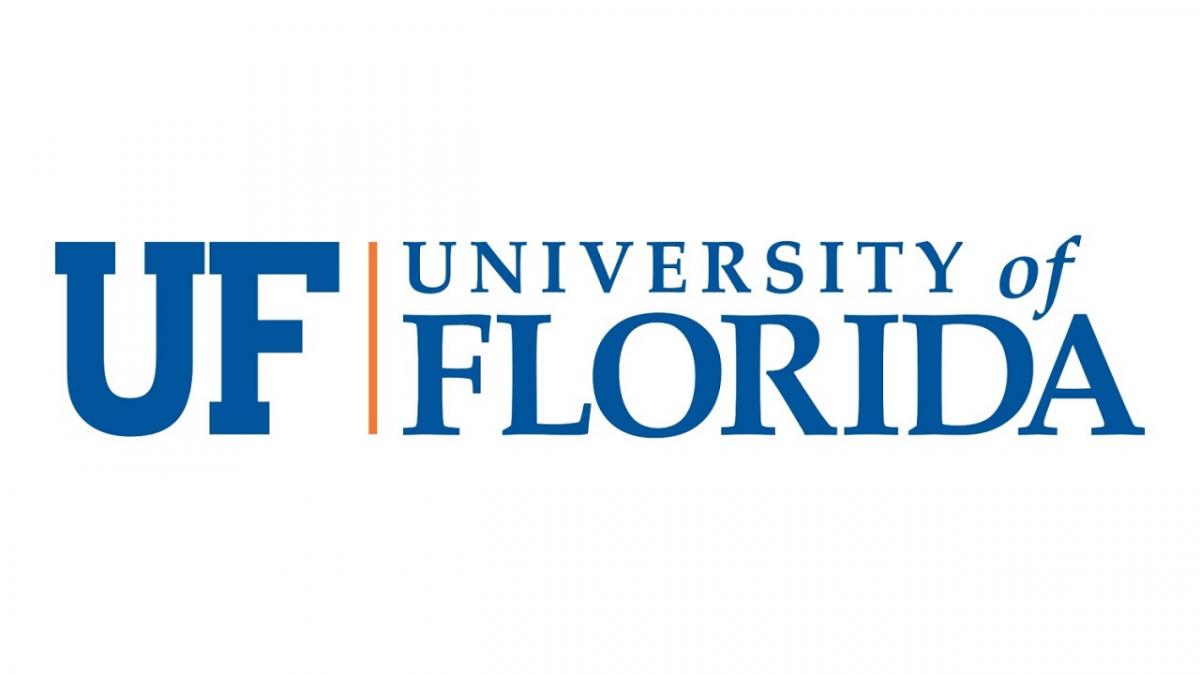As with all organic goods, organic processed meat products must adhere to the USDA National Organic Program (NOP) regulations. In the curing of conventional meat products, salt, nitrite, and occasionally nitrate, are added to fresh cuts of meat, resulting in the creation of highly desirable valued-added product with unique sensory attributes. The use of nitrite during the curing process effectively guards against harmful microbes and ensures protection of meat lipids from detrimental oxidation while positively affecting the color, texture, and flavor of the product. However, the purified nitrate and nitrite used in conventional processing is prohibited by the NOP, requiring the use of alternative curing ingredients by organic meat processors.
Celery powder has been used for over a decade as a “curing” agent in organic processed meat products (called “uncured” in accordance with the USDA Code of Federal Regulations) as an alternative to purified sodium and potassium nitrate and nitrite. As a natural source of nitrate (NO3-), celery powder is included as an ingredient in organic cured beef, pork, poultry and seafood products, with the additional advantage of contributing to a “savory” flavor of the final meat product.
As per a 2007 petition to the National Organic Standards Board (NOSB), curing powder produced from a conventionally-grown celery crop (as opposed to an organically-grown celery crop) has been allowed for use in certified organic meat products. The 2007 petition allowing for the temporary use of conventional celery powder, however, did not anticipate the technical and production issues that have since proven to be barriers to producing and processing using organic production methods. Petitioned substances added to the National List, such as celery powder, must undergo a sunset review every five years.
Action by the NOSB in 2012 renewed the listing of non-organic celery powder on 205.606 of the National List. During the second sunset review conducted by the NOSB in October 2015, conventionally-grown celery powder was renewed for another 5 years (until 2022), with the NOSB stating very explicitly that there would not be another extension granted. However, there are currently NO organic celery powder sources available on the market meeting the functional requirements of the curing application. This issue impacts the entirety of the organic cured meat industry.
This project implements research and extension activities to address these barriers facing the organic cured meat industry, bringing together a multiregional team of researchers, extension personnel, and industry stakeholders to establish a Working Group comprised of a “consortium of expertise” in organic horticultural and agronomic production, economics, and meat processing.
We address current and future needs of the organic processed meat industry, particularly in the development of systems allowing for the increased production of organically grown celery powder and/or other crop alternatives that will benefit both the biology and economics of the organic crop rotations being used by farmers across the U.S.
Specifically, this project includes:
- Assessment of impacts of nitrogen (N) fertility, genetics, and environment on nitrate levels in organic celery, chard, and beets
- Quality and safety assessment of cured meat products using organic vegetable powder
- Economic and market assessment of organic celery powder and cured meat
- Extension and outreach of project results


